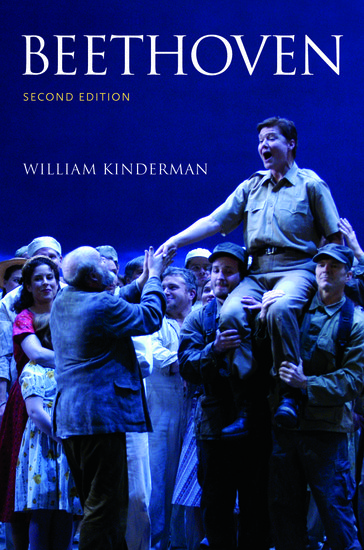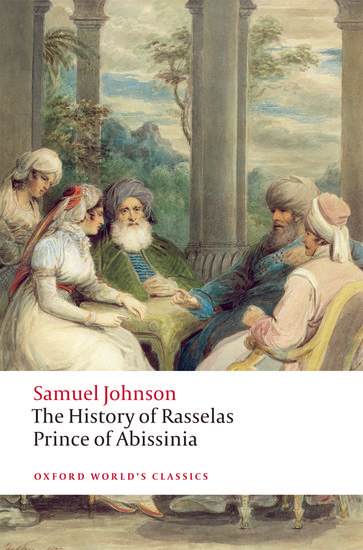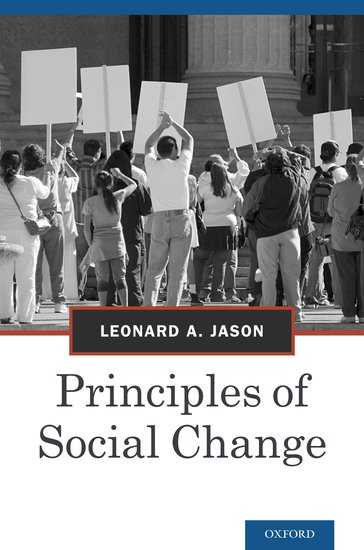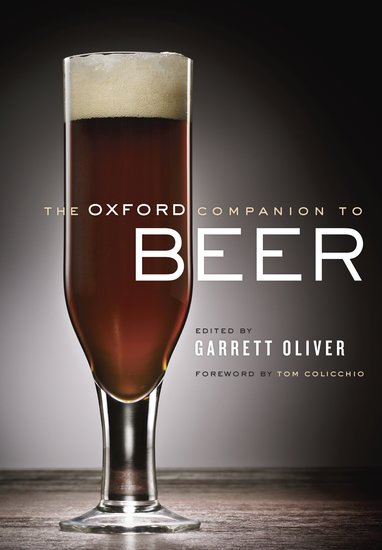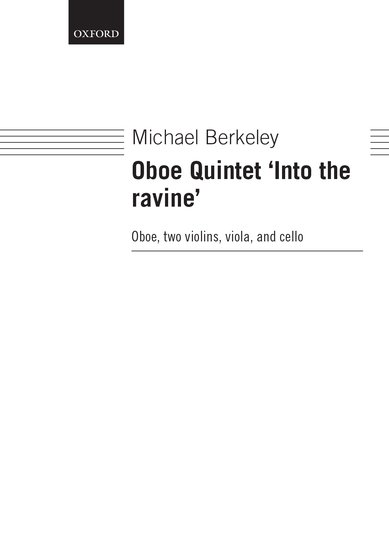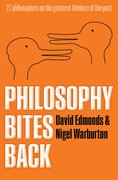Making and mistaking martyrs
By Jolyon Mitchell
It was agonizing, just a few weeks before publication of Martyrdom: A Very Short Introduction, to discover that there was a minor mistake in one of the captions. Especially frustrating, as it was too late to make the necessary correction to the first print run, though it will be repaired when the book is reprinted. New research had revealed the original mistake. The inaccuracy we had been given had circulated the web and had been published by numerous press agencies and journalists too. What precisely was wrong?


